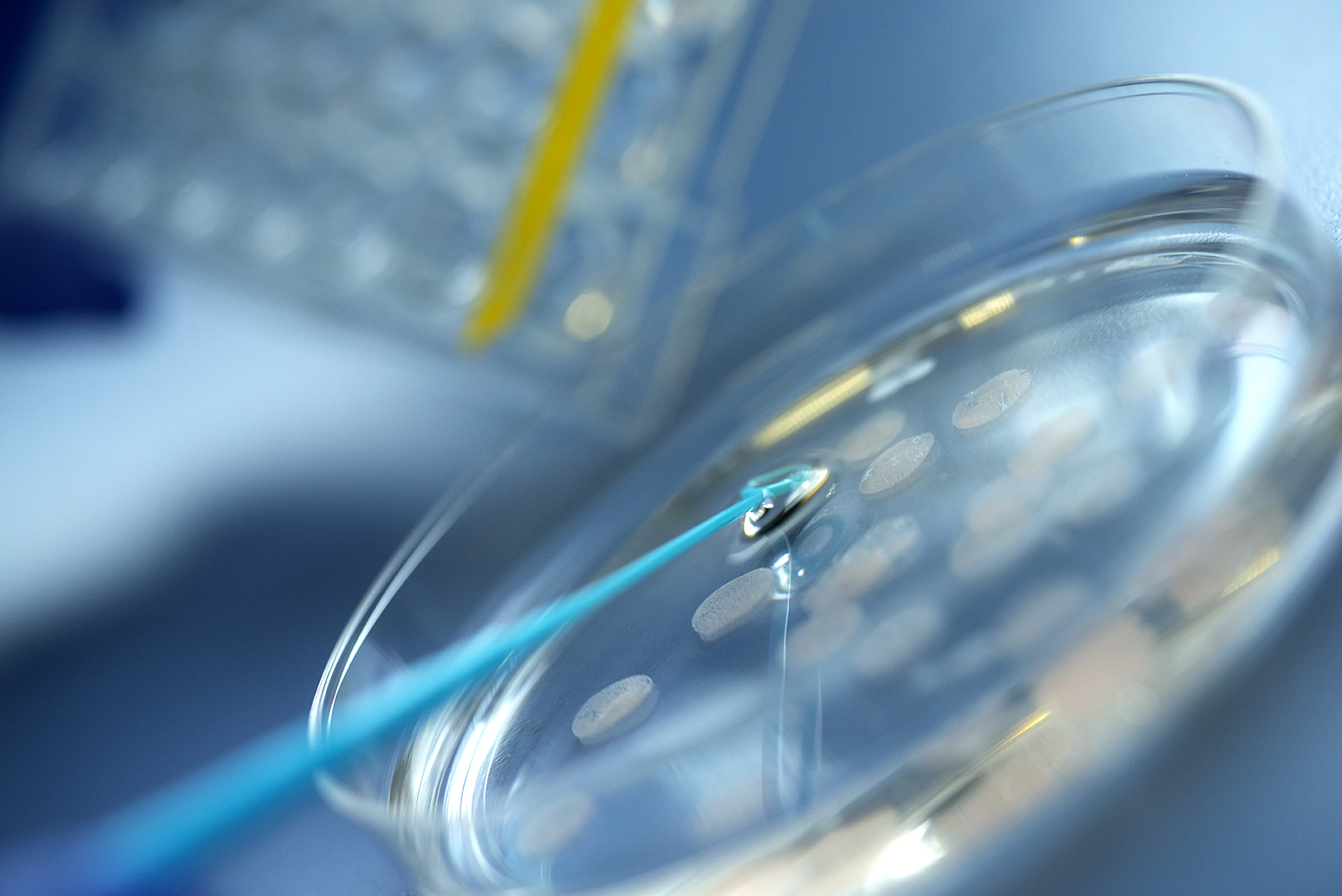Development of anti-infective drugs
The development, formulation, and mode of delivery of anti-infective substances are current research topics at the institute. The expertise in formulation development is being further expanded and the development and production of anti-infectives for inhaled administration as drug aerosols is being pushed.
As far as bacterial infections are concerned, Fraunhofer ITEM has a special focus on the development of manufacturing processes for bacteriophages – in this field the institute is at the cutting edge. Fraunhofer ITEM researchers produce phages as investigational medicinal products and establish models for safety and efficacy testing.

Privacy warning
With the click on the play button an external video from www.youtube.com is loaded and started. Your data is possible transferred and stored to third party. Do not start the video if you disagree. Find more about the youtube privacy statement under the following link: https://policies.google.com/privacyMimicking infections in lung slices for efficacy testing of drugs: Due to the proximity to the Hannover Medical School, Fraunhofer ITEM researchers in Hannover have direct access to human lung tissue from patients who have undergone surgery, can prepare viable lung slices from this tissue and cultivate these in the laboratory.
 Fraunhofer Institute for Toxicology and Experimental Medicine
Fraunhofer Institute for Toxicology and Experimental Medicine